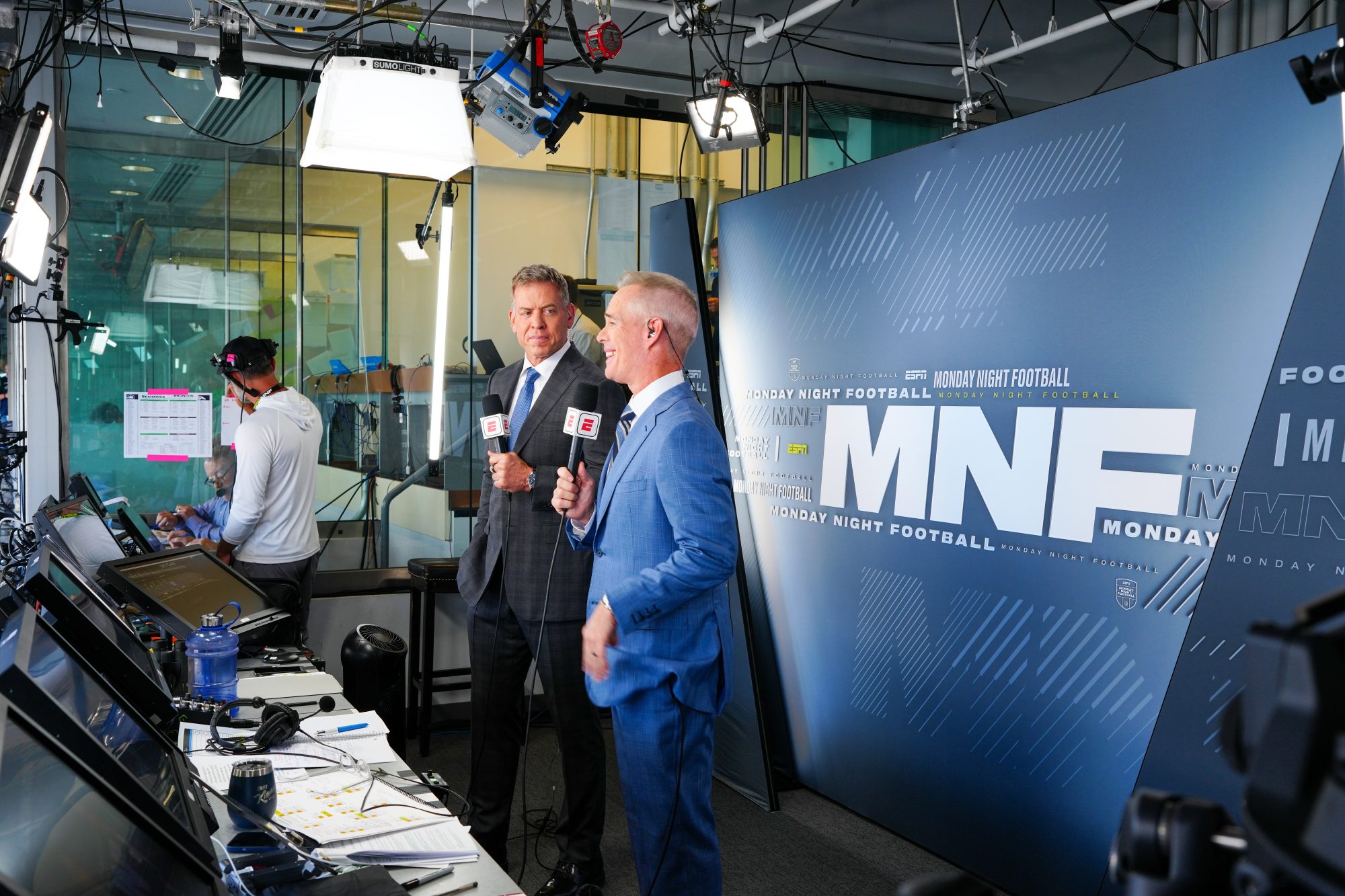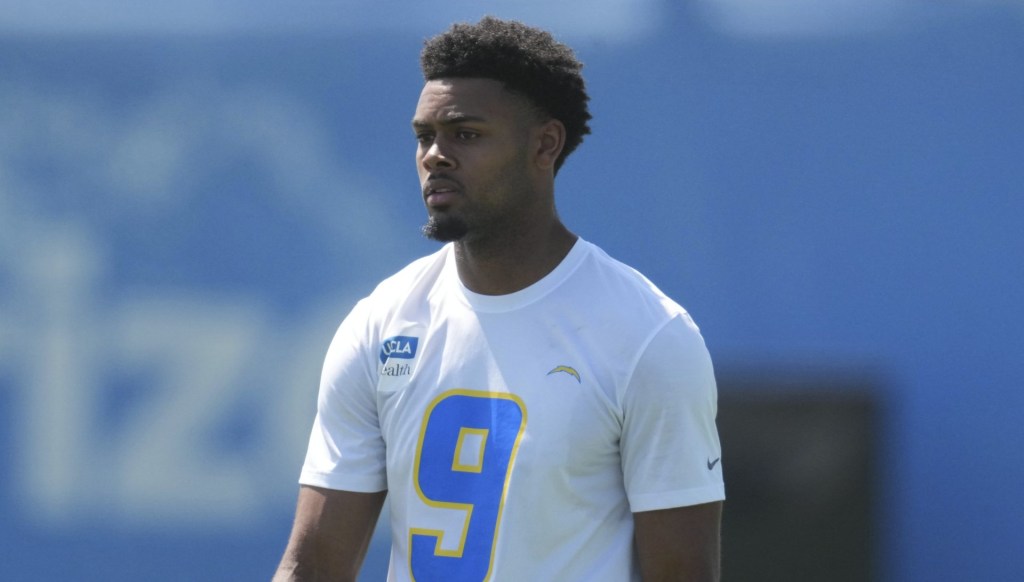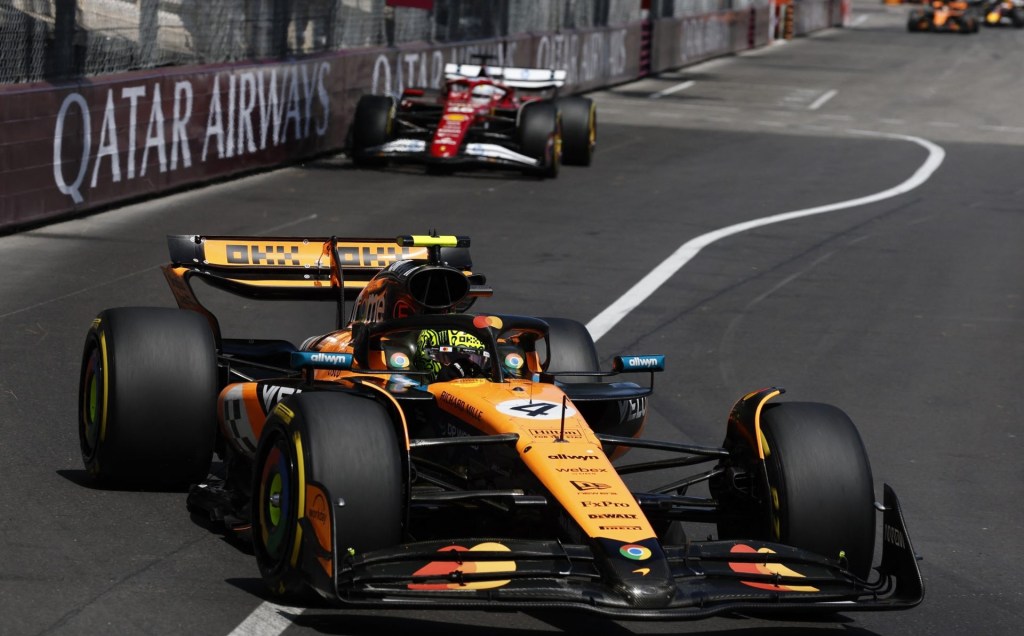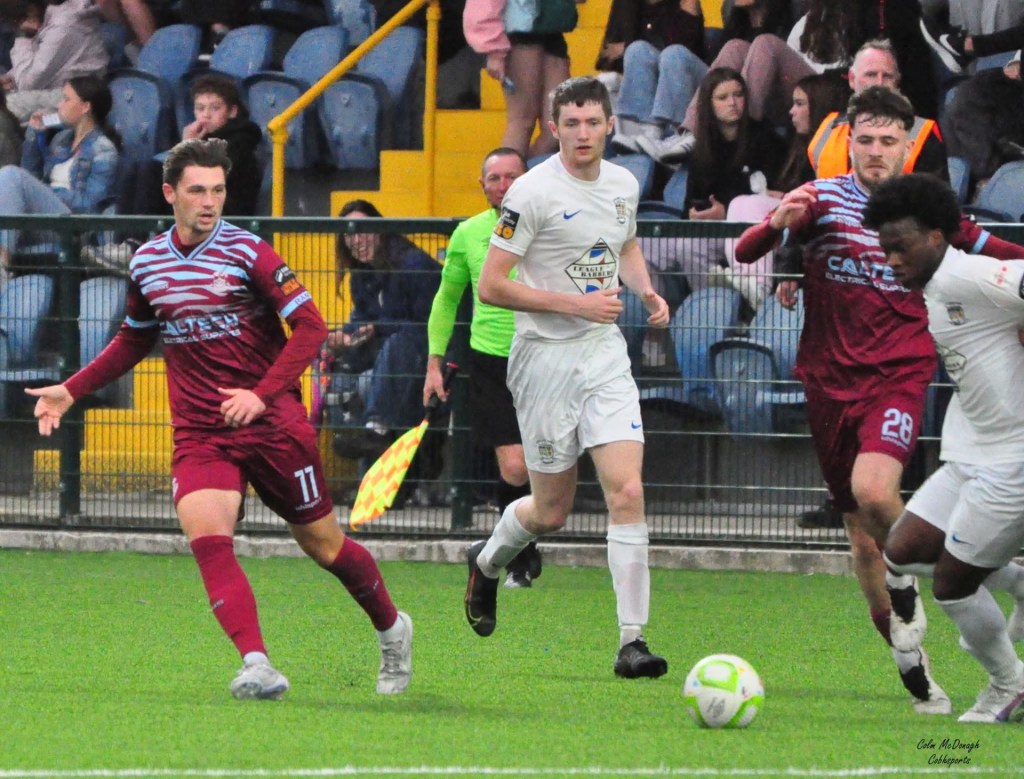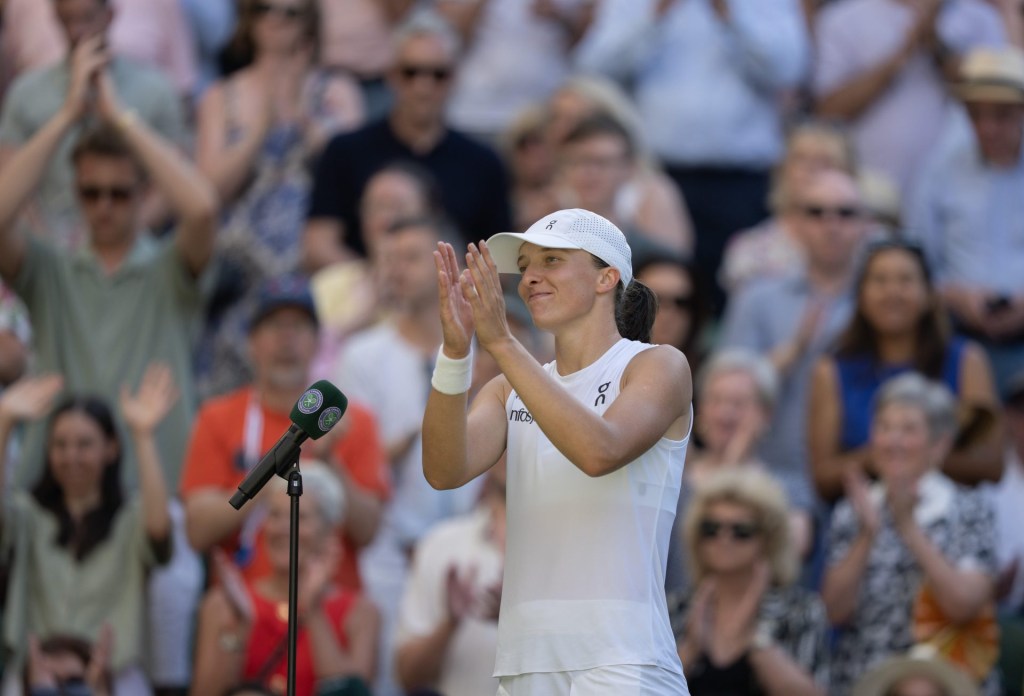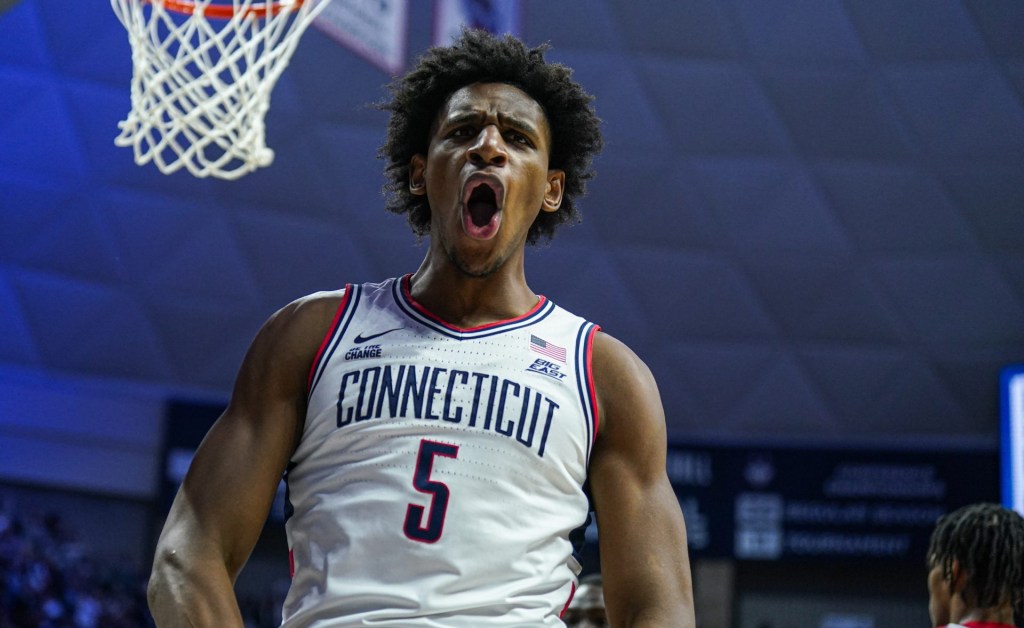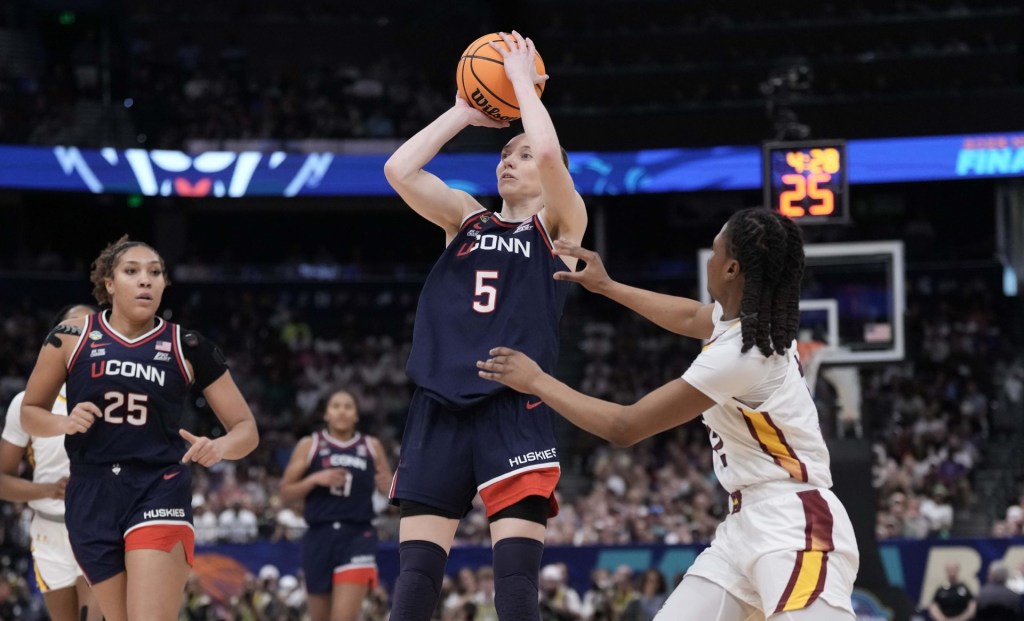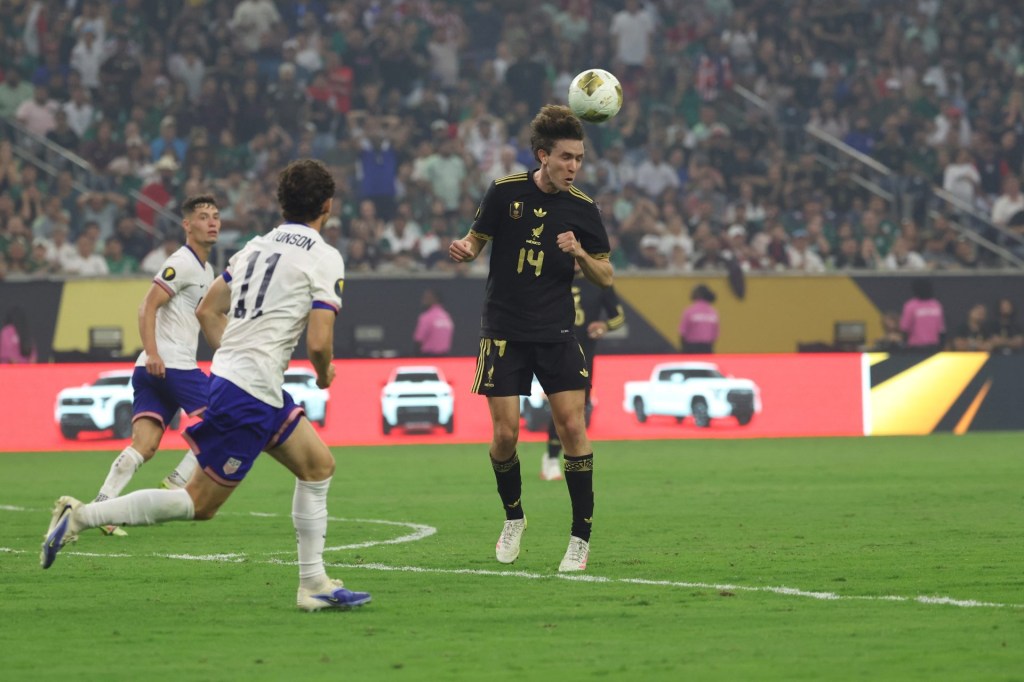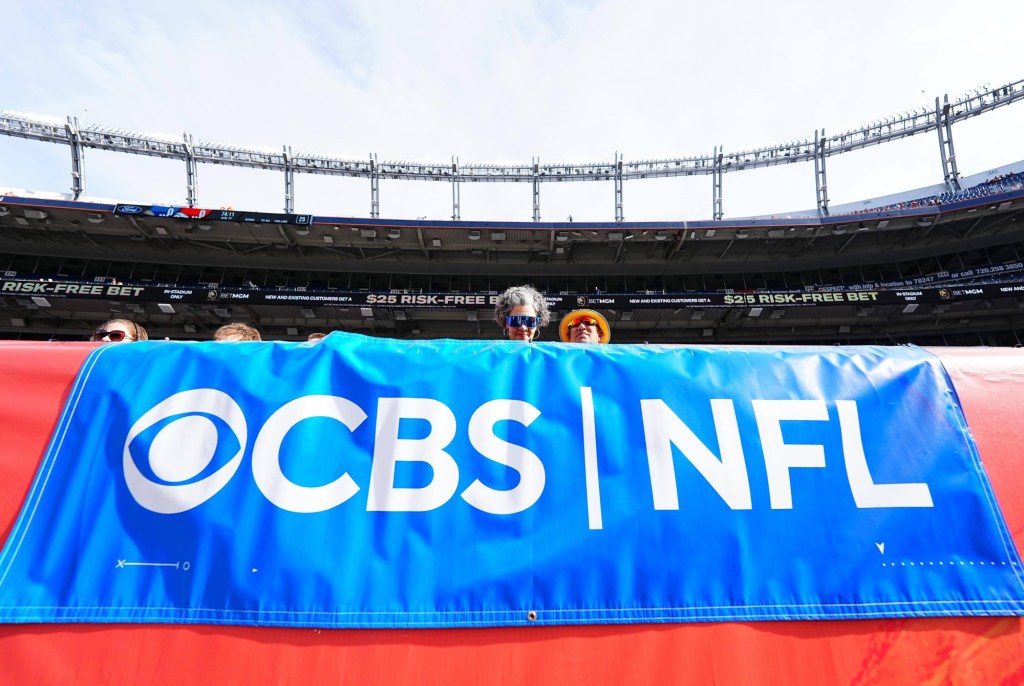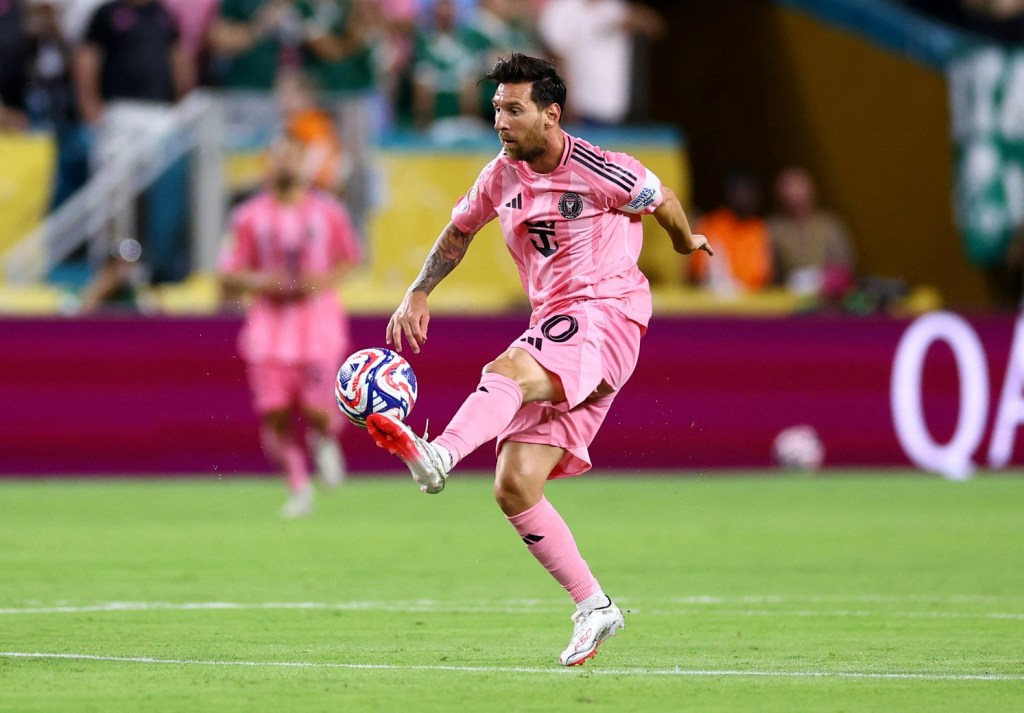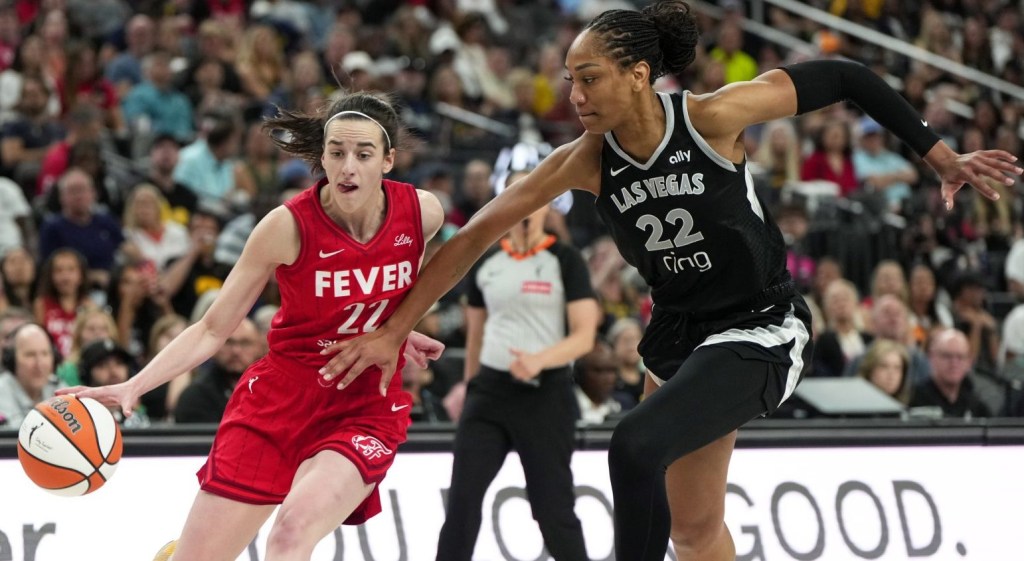One particular moment during ESPN’s Dec. 11 telecast of the New York Giants-Green Bay Packers showed why Monday Night Football has once again become must-see TV. Just before halftime, NFL referees dawdled over an easy call. Other announcers might have excused the zebras during a season when officiating seems broken. Not Troy Aikman.
“Just make a call, you know? I mean, there’s 13 seconds in the half. Just make a decision,” said the three-time Super Bowl winner with the Dallas Cowboys. “This is what stops all these games. The officials, I know they’ve been talked about every week. But this is ridiculous, what we’re watching right now. We see something, it takes five seconds—it takes them five minutes.”
The NFL brass probably hated it. But it was classic Aikman: incisive and authoritative, with an eye toward the viewer.
Only five seasons ago, sports TV’s original primetime package was running on fumes. Lead game analyst Jason Witten’s frequent malapropisms (“He pulled a rabbit out of his head”) made him a punchline. The “BoogerMobile” was a failed experiment. And ESPN continued to struggle with the league’s worst game schedule, despite paying the most right fees of all league media partners.
But ESPN and parent Walt Disney Co. have managed to breathe new life into the institution that debuted in 1970. This year, ESPN posted the most-watched season of MNF since 2000, when the old ABC Sports still held the package. With a stronger schedule and 19 games either simulcast or shown exclusively on ABC, ESPN averaged 17.4 million viewers, up 29% from last year. MNF’s audience rose in nearly every key demographic, including a 39% jump in female viewers and a 20% rise in the advertiser-coveted 18-to-49-year-old audience.
Meanwhile, ESPN leveraged an improving relationship between the NFL and Disney to score the two most-coveted regular-season telecasts: Aaron Rodgers’s New York Jets debut against the Buffalo Bills on Sept. 11 and the Super Bowl rematch between the Kansas City Chiefs and Philadelphia Eagles on Nov. 20.
It’s easy to chalk up MNF’s comeback to ESPN chairman Jimmy Pitaro luring Aikman and Joe Buck away from Fox Sports for a combined $165 million over five years. The duo have called six Super Bowls together, more than any broadcast team outside John Madden and Pat Summerall. Buck’s veteran poise sets the tone for the broadcast. And Aikman’s no-nonsense style contrasts with the more positive approach of other broadcasters.
“There are two ways an analyst can go when calling an NFL game: try to tell your audience they’re seeing something they aren’t and go full hype machine, or just call it like you see it,” wrote Jimmy Traina of Sports Illustrated. “We prefer the latter, which is what makes Aikman the best analyst in the NFL.”
But ESPN’s rebuild of the historic MNF franchise was about much more than simply paying top dollar for top talent.
Patching Things Up
In 2013, ESPN was in the league’s doghouse. The NFL wasn’t pleased with the network’s aggressive reporting on player concussions, forcing ESPN to drop out of its League of Denial investigative reporting partnership with PBS’s Frontline. A decade prior, the league had also loathed ESPN’s scripted series, Playmakers, about the racy lives of fictional pro football players. ESPN canceled the adult drama after then-commissioner Paul Tagliabue complained.
Making matters worse, ESPN was stuck with the NFL’s “cable” package, which the league viewed as inferior to the “broadcast” packages held by NBC, CBS, and Fox. The NFL routinely gave ESPN the worst game schedule as a result. (To add salt to the wound, ESPN paid more than any media partner.) By 2017, then-ESPN president John Skipper considered leaving the live NFL game business in favor of the NBA, MLB, soccer, and college sports, according to sources familiar with the situation.
Years later, Pitaro smartly elevated the partnership into an alliance between Disney and the NFL. Hired as ESPN’s president in March 2018, the former Disney executive, along with current No. 2 Burke Magnus, made it a priority to mend fences.
In 2019, Disney beat back an invading Fox by adding a more college-centric style of draft coverage on ABC alongside a traditional X’s and O’s version on ESPN. In March 2021, ESPN signed a new 11-year rights agreement paying the NFL $2.7 billion a year through 2033. As part of the deal, ESPN added an annual divisional-round game to its existing wild-card and Pro Bowl offerings and expanded its regular-season MNF inventory from 17 to 23 games. It also won the right to air MNF doubleheaders and added flex scheduling for Week 12 and beyond.
But most importantly, ESPN scored the rights to Super Bowls LXI (in 2027) and LXV (2031). The network had always dreamed about landing the Big Game, and now it was finally on par with the broadcast networks that previously looked down on the upstart cable network.
Pitaro and Magnus struck again months later, signing a deal with Peyton Manning’s Omaha Productions to create an alternative MNF telecast around Super Bowl-winning brothers Peyton and Eli Manning. The ManningCast was an instant hit. (This season, the brothers averaged 1.24 million viewers over nine episodes on ESPN2.)
By 2022, Pitaro and Magnus could say they’d repaired ESPN’s rapport with the NFL. But they still needed to fix the broadcast booth.
On the Offensive
Pitaro swooped in to lure Aikman and Buck away from Fox in March 2022. Better talent and stronger relationships get you better games in the world of NFL television, and ESPN’s new booth has given the network more gravitas with NFL commissioner Roger Goodell.
“Joe and Troy have had an even greater impact and influence than we hoped for when we brought them to ESPN,” Norby Williamson, ESPN Head of Event and Studio Production, tells Front Office Sports.
After the duo’s first regular season on MNF, in 2022, the NFL handed ESPN the wild-card telecast between Tom Brady’s Tampa Bay Buccaneers and the Dallas Cowboys, the league’s No. 1 TV draw. With what turned out to be Brady’s last game, Disney/ESPN scored its most-watched NFL playoff game ever with 31.2 million viewers.
The NFL demands top announcers for marquee games. (In 2016, the league blocked NBC when it scheduled Mike Tirico to call Thursday Night Football, insisting on Al Michaels and Cris Collinsworth.) Before kickoff of the 2023 regular season, every NFL media partner fought for Jets-Bills and Chiefs-Eagles, but ESPN landed both. Before hiring Aikman and Buck, those kinds of juicy matchups would’ve been out of reach, says Gary Myers, author of Once A Giant. A Story of Victory, Tragedy and Life After Football, about the Super Bowl-winning New York Giants of 1986.
“Joe and Troy have so much credibility,” Myers tells FOS. “When ESPN brought them into the broadcast booth, I think the NFL felt compelled to give them a quality schedule. So [ESPN] has had better games this year.”
During his 23-year TV career, Aikman’s matter-of-fact approach has taken a back seat to those of the more garrulous, colorful analysts: first Madden, then Jon Gruden and Collinsworth, and more recently, Tony Romo. But his willingness to criticize refs, coaches, and players is paying off. A talent agent who represents Aikman’s competitors admits he’s now No. 1 among NFL analysts. When Aikman and Buck appeared at ABC’s upfront in the spring, they were treated like rock stars, he says.
“Troy Aikman is the best game analyst in football, college or pro,” says the agent. “He doesn’t have the viral moments of Romo. But that’s O.K., because he’s unbelievably consistent. He’s Tony Gwynn-like in his ability to get hits every game. Him and Joe have unbelievable chemistry. When he walks in the room, he has a swagger very few former athletes have.”
On Monday, ESPN will close out wild-card weekend with the Eagles and Tampa Bay Buccaneers. Next weekend, it airs its first-ever divisional game. That all sets the table for ESPN’s first-ever Super Bowl telecasts after the 2026 and 2030 seasons (which will be simulcast on ABC, which hasn’t aired The Big Game since 2006).
For Disney, the moment is serendipitous: The resurgence of MNF—and ESPN’s upcoming presence in the Super Bowl rotation—bodes well for its billion-dollar negotiations to retain NBA media rights in the U.S., as well as ABC’s exclusive NBA Finals coverage. Disney can now tout a one-two programming punch of ESPN (cable) and ABC (broadcast), which could be too good for any league to refuse.
